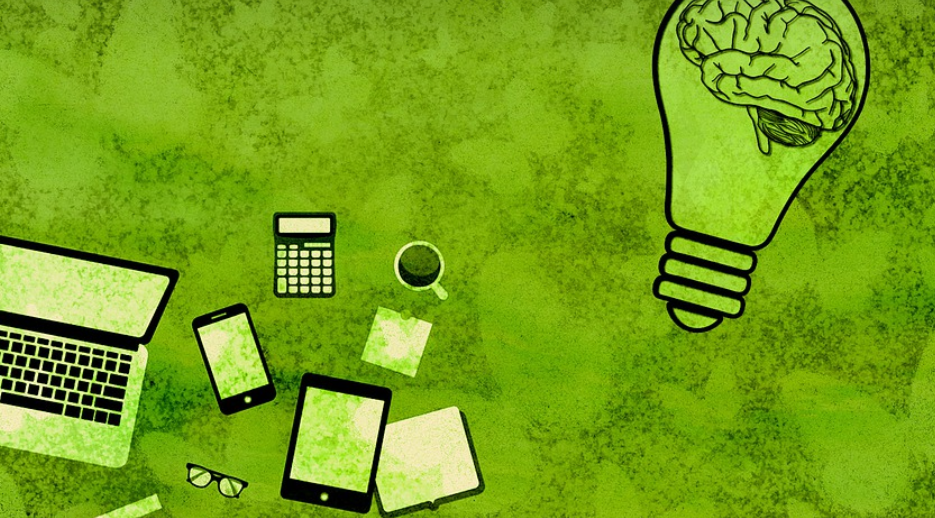Making the Most of Your Waste: A Dive into Twin Falls’ Recycling Options
Twin Falls, Idaho, a vibrant city nestled beside the Snake River, is known for its stunning landscapes and friendly community. But beyond the breathtaking beauty lies a growing concern for environmental stewardship – recycling waste in this charming town has never been more important. From single-use plastics to paper products, understanding how to properly recycle can make a world of difference for our planet.
So, let’s dive into the specifics of recycling in Twin Falls. It might seem like a daunting task, but with a little effort and awareness, you can become an active participant in the city’s eco-friendly movement.
First things first, it’s crucial to know what materials are recyclable. This isn’t always straightforward; some items fall into a gray area or have specific requirements for proper sorting. For example, glass jars and bottles are often recycled, but plastic containers, especially those with food scraps, need to be separated correctly. Don’t mix your recyclables – keep them separate for easy processing.
Thankfully, Twin Falls has a dedicated recycling program in place: the City of Twin Falls’ Waste Management Department strives to make this process as efficient and accessible as possible.
Understanding the Local Recycling System
The city operates a robust recycling system that works with numerous local facilities. The key is understanding where to drop off your recyclables. You can usually find designated bins for recyclable materials at various locations, such as:
- Public recycling centers throughout the city
- Neighborhood collection points in public spaces
- Grocery stores or supermarkets with specific recycling stations
- Specific locations for bulky items like cans and bottles, often found alongside regular trash bins.
These facilities ensure that your recyclables are sorted and processed effectively. The recycling process begins by sorting the materials into their designated categories – glass, paper, plastic, metal, and compost – which streamlines the entire journey and maximizes the resources recovered.
It’s important to follow the specific instructions provided by each facility for proper sorting and disposal of your recyclable items. For instance, some facilities might require you to rinse out containers or separate certain types of paper products. These rules ensure that the recycling process runs smoothly.
Beyond the Basics: Exploring Additional Recycling Options
While the standard recycling system is a great foundation, there are also numerous options for specific materials and even additional ways to reduce waste.
Paper Products
Paper products like newspapers, magazines, cardboard boxes, and office paper can be easily recycled. Remember, it’s essential to break down large cardboard boxes into manageable pieces before putting them in the recycle bin.
Batteries and Electronics
Batteries like those found in phones, laptops, and other devices require special handling due to their hazardous nature. Check your local recycling program for instructions on safely disposing of these items. For electronic waste, consider dropping off at designated e-waste facilities that can responsibly recycle or repurpose them.
Food Waste
Food scraps are a major contributor to landfill waste. Fortunately, there’s more than just throwing everything in the regular garbage bin! You can turn your food scraps into valuable compost for your garden using a backyard composting system. This not only reduces waste but promotes sustainable living and creates nutrient-rich soil for your plants.
Reusable Containers
Instead of relying on single-use plastic, opt for reusable containers whenever possible. These can be anything from reusable water bottles to lunchboxes or food storage containers. This simple shift in mindset can greatly minimize waste and save precious resources. You might even find yourself excited about the eco-friendly benefits of carrying your own bag for groceries.
Remember, every small step towards reducing waste has a ripple effect that extends beyond our immediate surroundings. When we contribute to proper recycling practices, it fosters an environment of sustainability and responsible resource management within Twin Falls and Idaho as a whole.
The Bigger Picture: Why Recycling Matters
Recycling is more than just throwing things in the bin; it’s an essential part of creating a sustainable future. By adopting recycling practices, we contribute to:
- Reducing landfill waste and preserving natural resources: Waste takes up valuable space in landfills. Recycling helps conserve these resources for future generations.
- Conserving energy: Manufacturing recycled materials often requires less energy than producing from raw materials, leading to significant energy savings.
- Creating jobs and supporting a green economy: The recycling industry provides job opportunities and drives innovation in sustainable technologies and practices.
- Promoting environmental awareness: Recycling is a tangible way to show our commitment to protecting the environment and contributing to a healthier planet for all.
By actively participating in Twin Falls’ recycling program, you are not just adhering to rules; you are taking concrete steps towards creating a greener, more sustainable future for yourself, your community, and generations to come.
